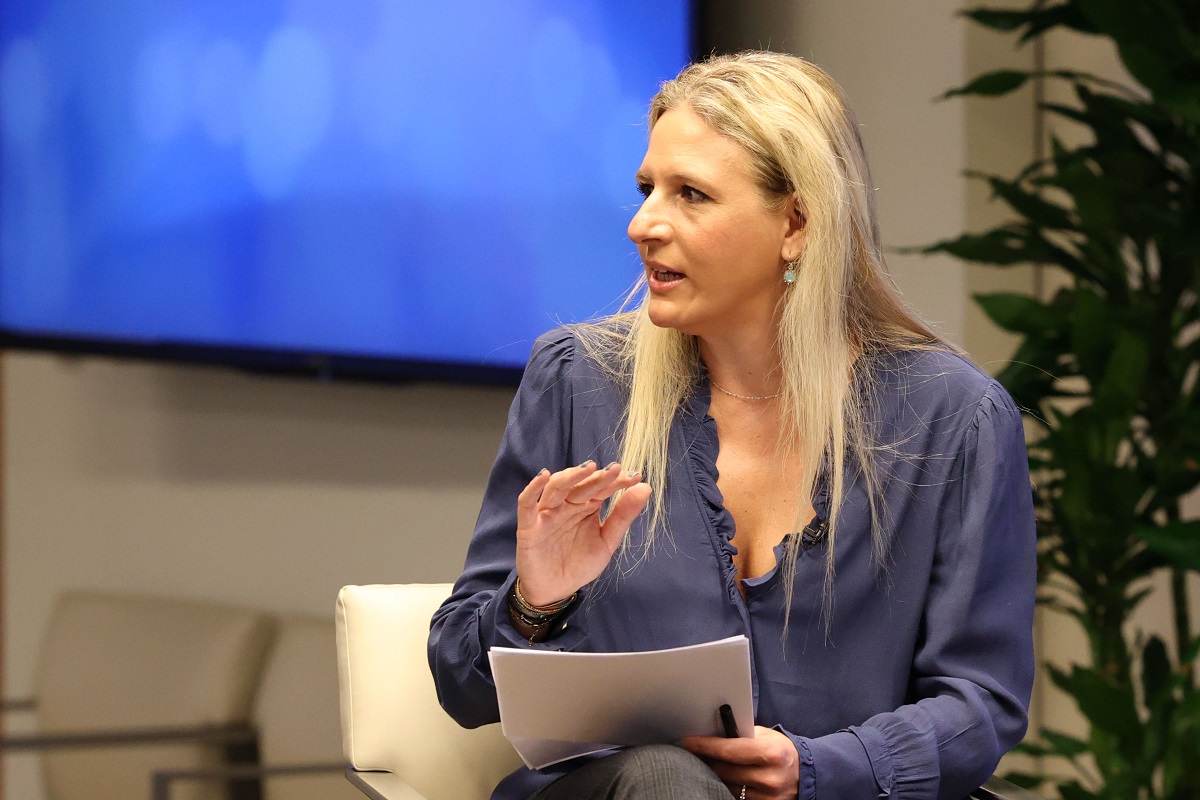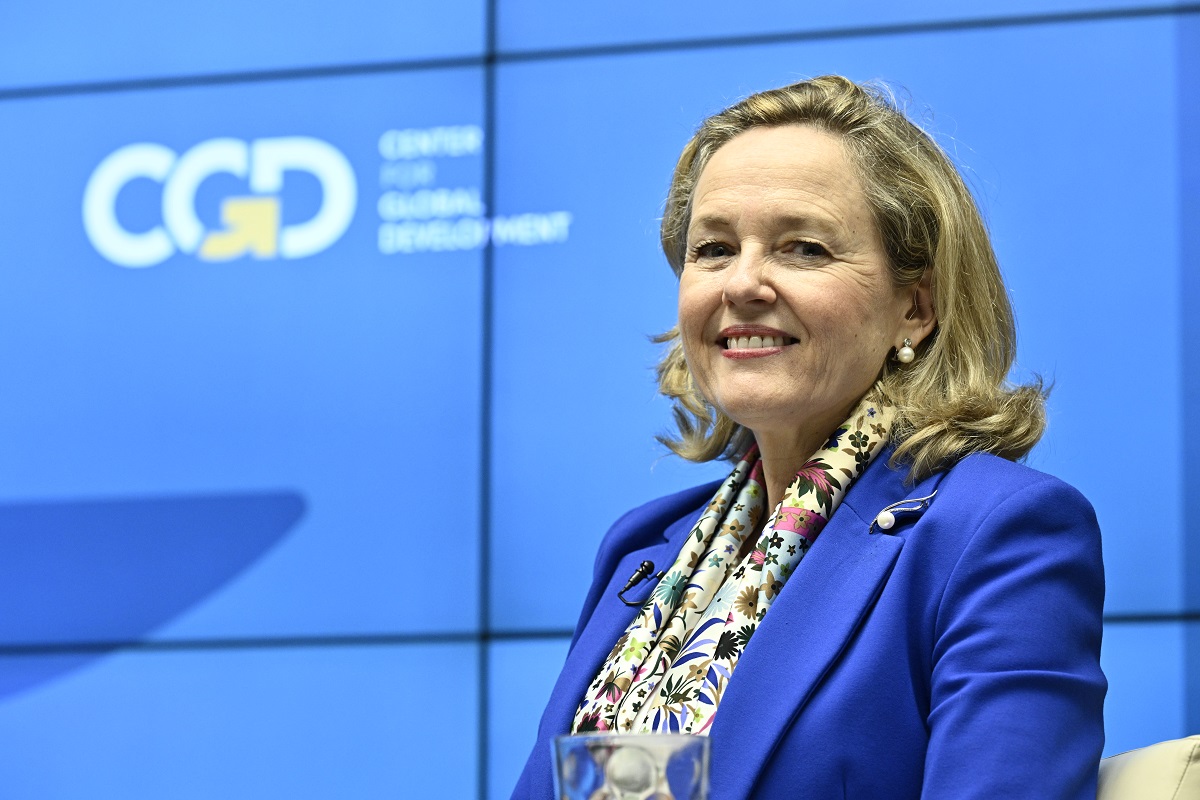The level of challenge faced by Jordan and Moldova on refugees and migration is remarkable: while Jordan has welcomed over a million Syrian refugees, Moldova has a migration outflow equivalent to a quarter of its population. Without the option of closing their borders, the scale of these movements not only puts the challenge for developed countries into context, but provides important insights on the importance of planning, and of innovation in policy.
Here we draw out some of those insights from our event at this week’s UN General Assembly (UNGA). The event looked at Commitment to Development, migration’s role, and how developed countries can learn from those countries that have faced massive and contrasting challenges on refugees and migration.
The UN General Assembly and the future of migration
At last year’s UNGA, world leaders instigated work on two new “compacts,” which aim to agree consistent responsibilities and expectations on refugees and migration. This year’s event marked a mid-point in that work. Accordingly, we convened a high-level panel on our Commitment to Development Index and innovations in migration policy.
In her opening remarks, UN Special Representative for International Migration Louise Arbour reminded us about the valuable contribution migrants make, but also that in many societies, migrants are being held back in everyday life which prevents them from contributing fully.
Migration challenges and innovations in Jordan and Moldova
The Commitment to Development Index (CDI) measures 27 rich countries’ policies on migration, and the example of the two developing countries—Jordan and Moldova—provided some policy inspiration.
The Jordanian Minister of Planning and International Cooperation Imad N. Fakhoury described the scale of challenge around hosting more than a million Syrian refugees (over 10 percent of Jordan’s total population), and the new realities that internationally displaced people tend to stay in their host countries long-term (on average almost a quarter of a century). This has required policy innovation in the face of emerging challenges.
For example, should Jordan pay to educate refugee children? Fiscally, this was a significant challenge for an emerging economy. And should refugees be given the right to work given the likely alternative of un-taxed employment with the risk of exploitation? Minister Fakhoury provided an inspirational perspective on how Jordan responded to the challenges of integrating migrants in a both innovative and pragmatic way—issuing labour permits, allowing refugees to integrate in communities (only about 10 percent of all Syrian refugees live in designated camps), and ensuring education for their children. These steps enable refugees to contribute and to lead a self-determined life.
Deputy Minister for Foreign Affairs and European Integration Lilian Darii explained his country’s innovative policies facing a different challenge: how a quarter of Moldovans had emigrated—either permanently or to take up seasonal employment.
For Moldova, this has necessitated taking a long-term approach to migration—harnessing the benefits of remittances which account for almost a quarter of Moldova’s GDP and making the most of potential returners with an active diaspora programme and working to transfer pension rights on their return. A Mobility Partnership agreement with the EU has also helped promote legal mobility.
Two broad lessons for developed countries
The CDI takes a broad and holistic view of developed-countries’ approach on refugees and migrants. Along with the insights form Jordan and Moldova, we suggest the most successful approaches rely on two broader approaches:
-
Future planning: as obvious as it sounds, being prepared for potential demand for migration is important. In the coming years, growing economic prosperity will give more people the opportunity to move away from the risk of persecution, or if climate or other disasters strike or simply to pursue a better life for themselves and their children. Moldova and Jordan now plan for the reality of migration, and were ready to tackle its challenges.
-
Innovative policy: international migration is growing and offers huge developmental opportunities, but will require genuinely new and innovative approaches. There are examples of successful policies which benefit host countries, the country of origin and the migrant himself. CGD’s Michael Clemens has highlighted New Zealand’s extremely successful seasonal workers scheme. He also written about the potential of the Global Skills Partnership to simultaneously tackle problems related to aging populations and a lack of skilled workers in developed countries, while enabling training in sending countries—and a better live for migrants.
Investing in migration policy
Rich countries can learn from the experience of Jordan and Moldova on refugees and migrants. The level of challenge faced by these countries has driven them to plan carefully—considering costs against unspent potential of refugees and migrants—and then use innovative policy approaches to achieve the right balance. In different ways, these policies have helped ensure refugees, migrants, and their children can both contribute and benefit.
The words of one of our participants seem an appropriate way to conclude:
“Migration is a challenge that is here to stay. We must invest in ways of dealing with it."
CGD blog posts reflect the views of the authors, drawing on prior research and experience in their areas of expertise.
CGD is a nonpartisan, independent organization and does not take institutional positions.





